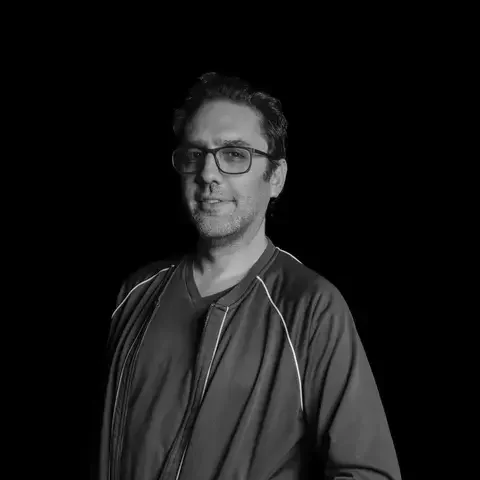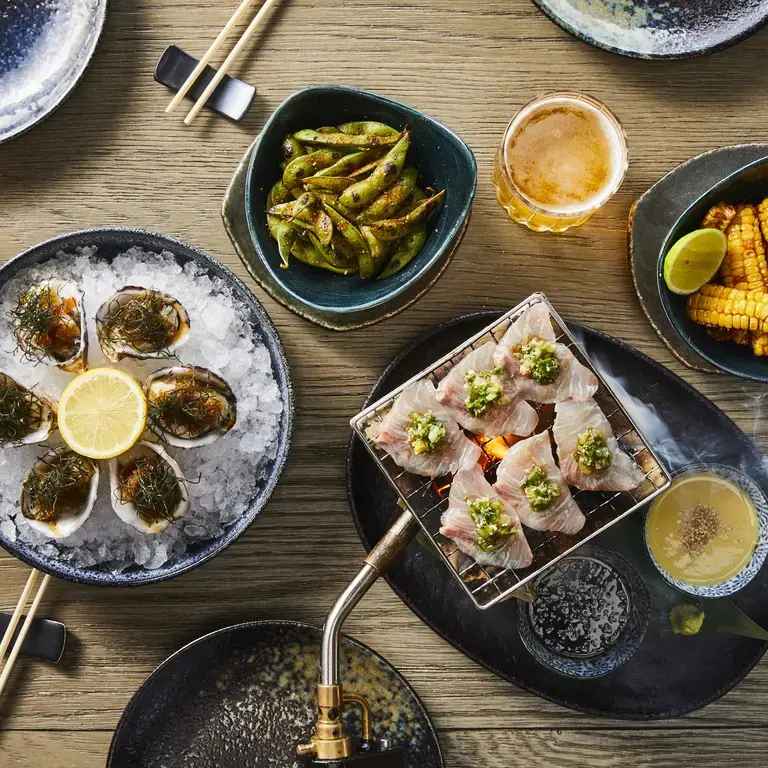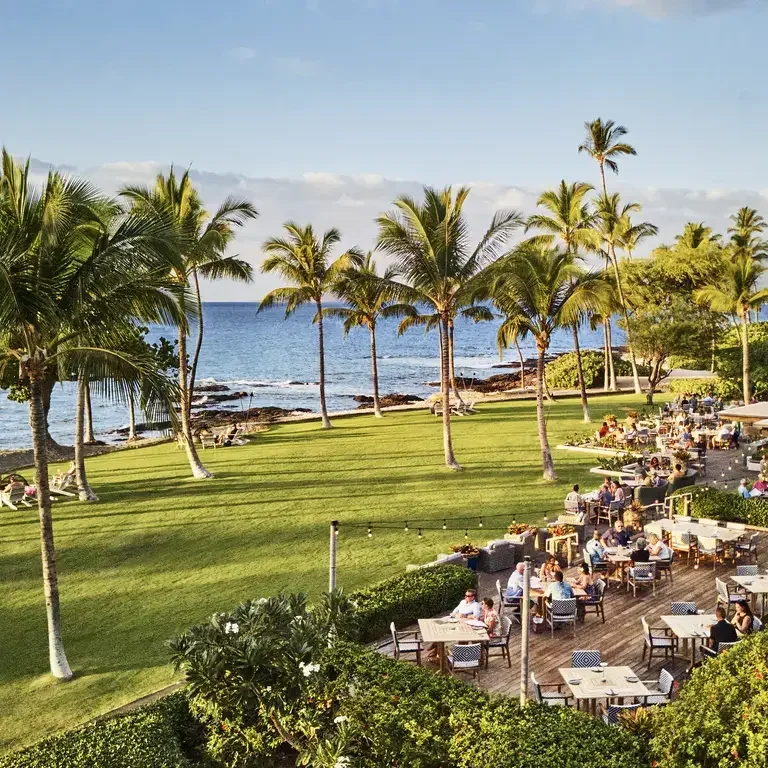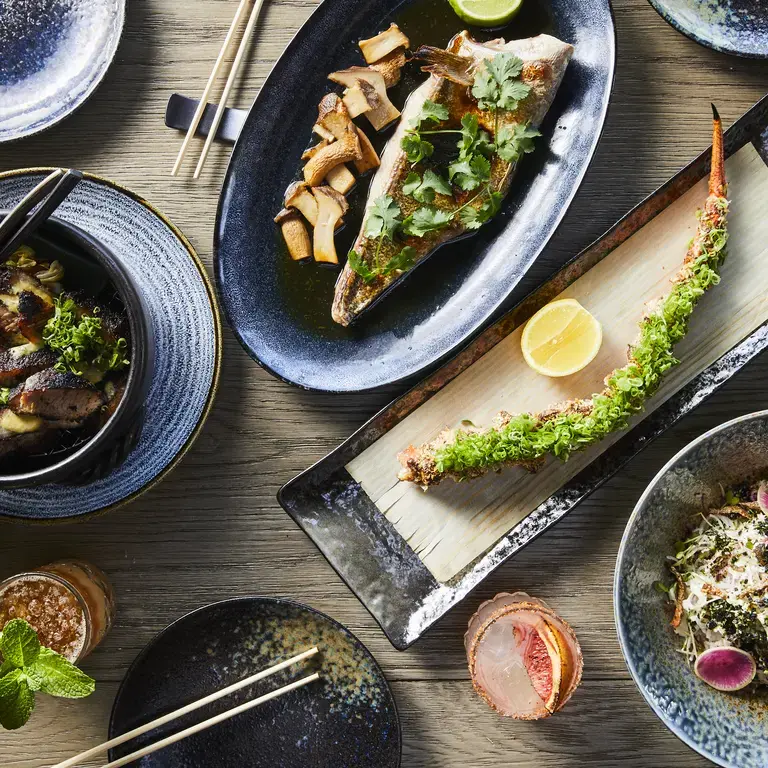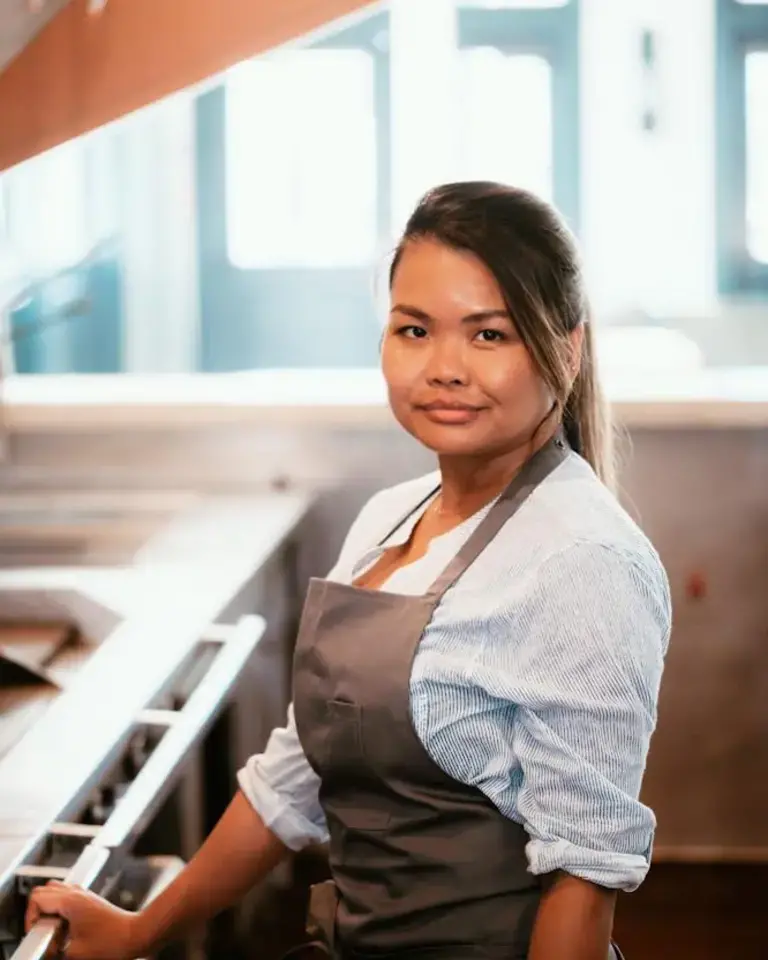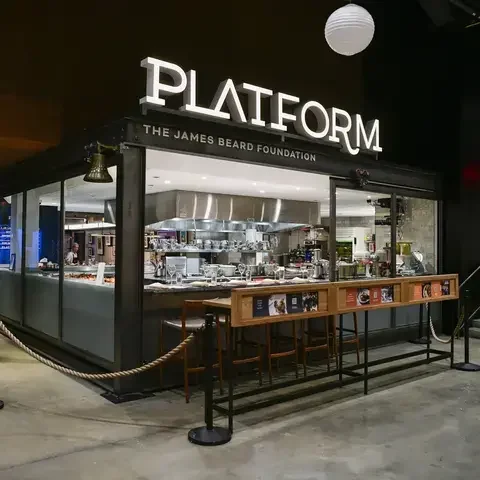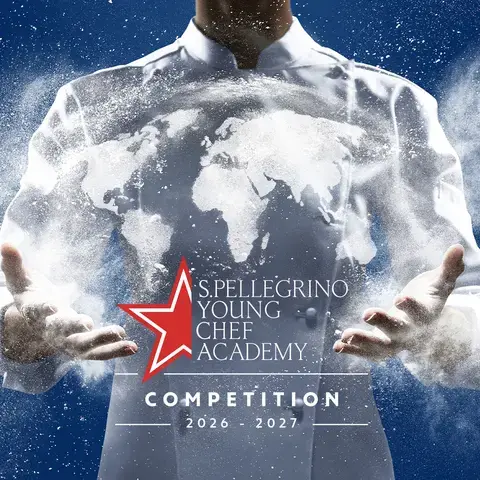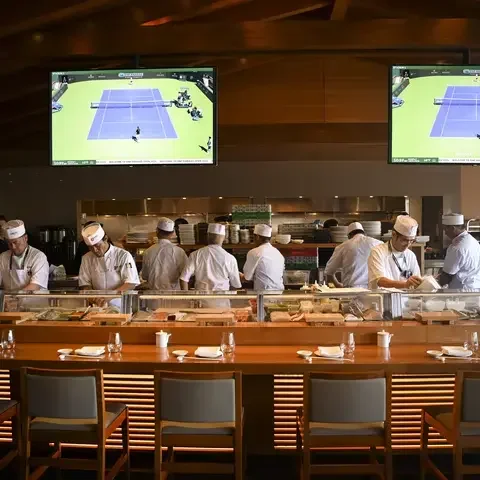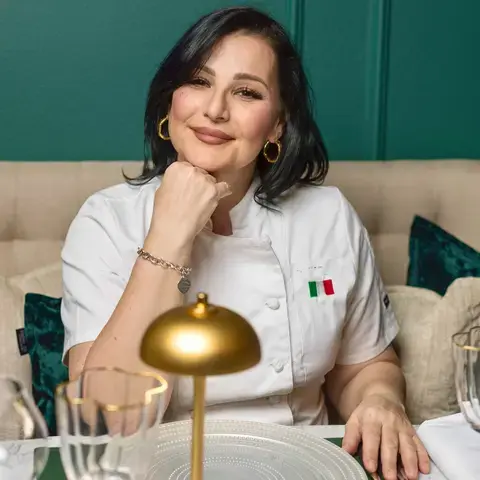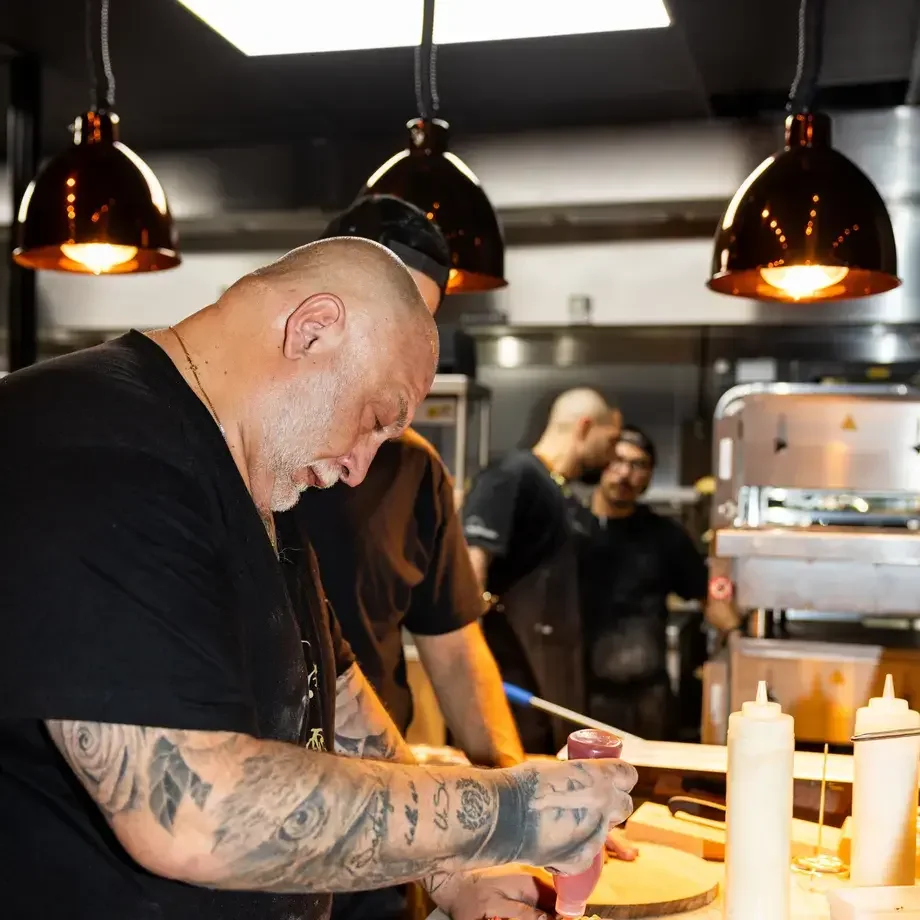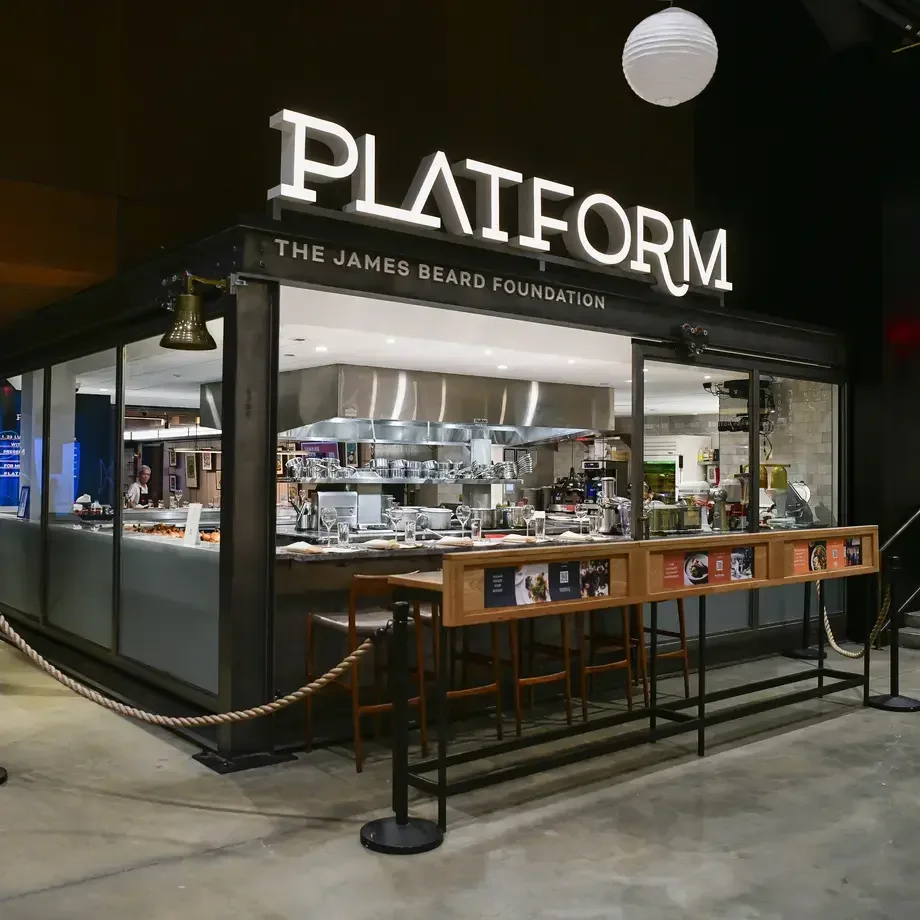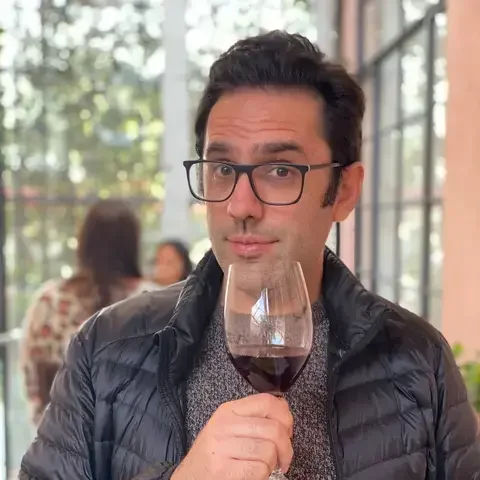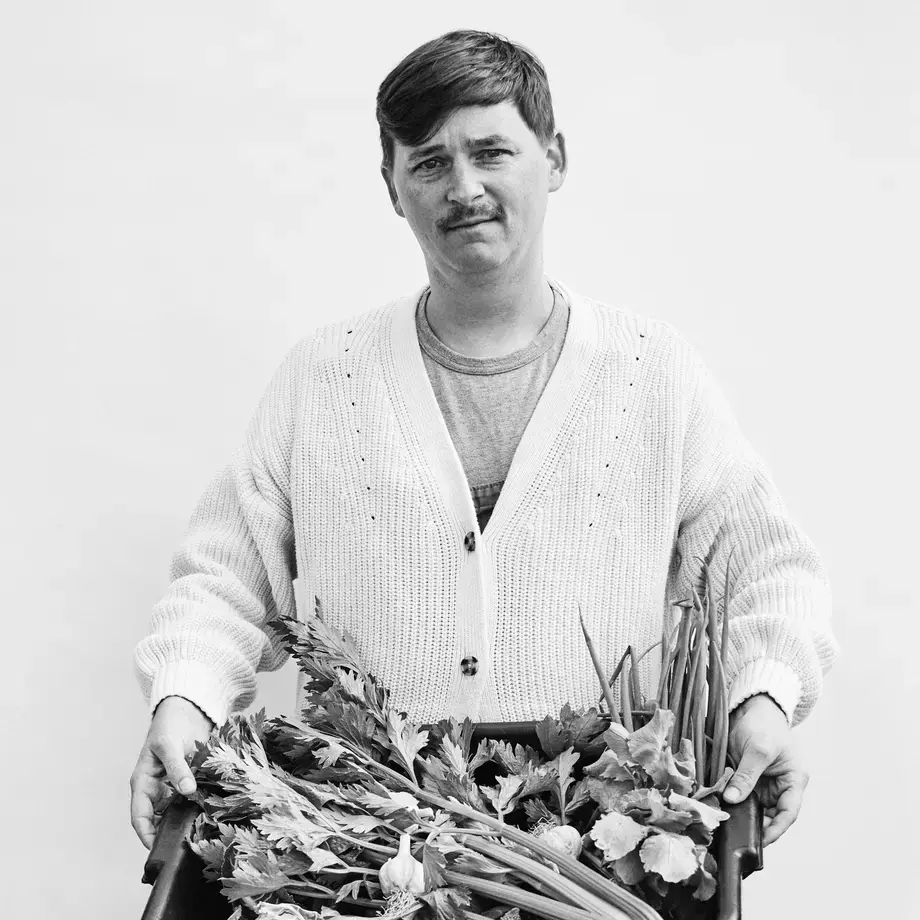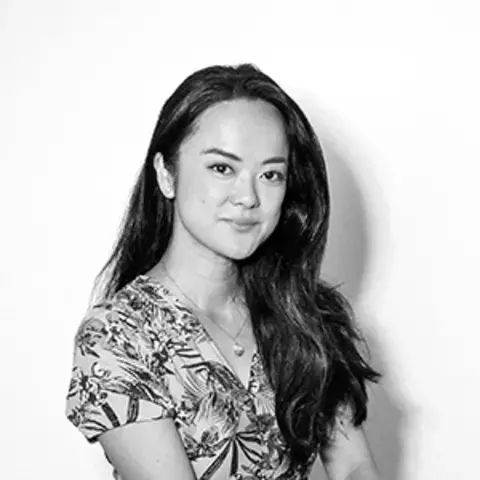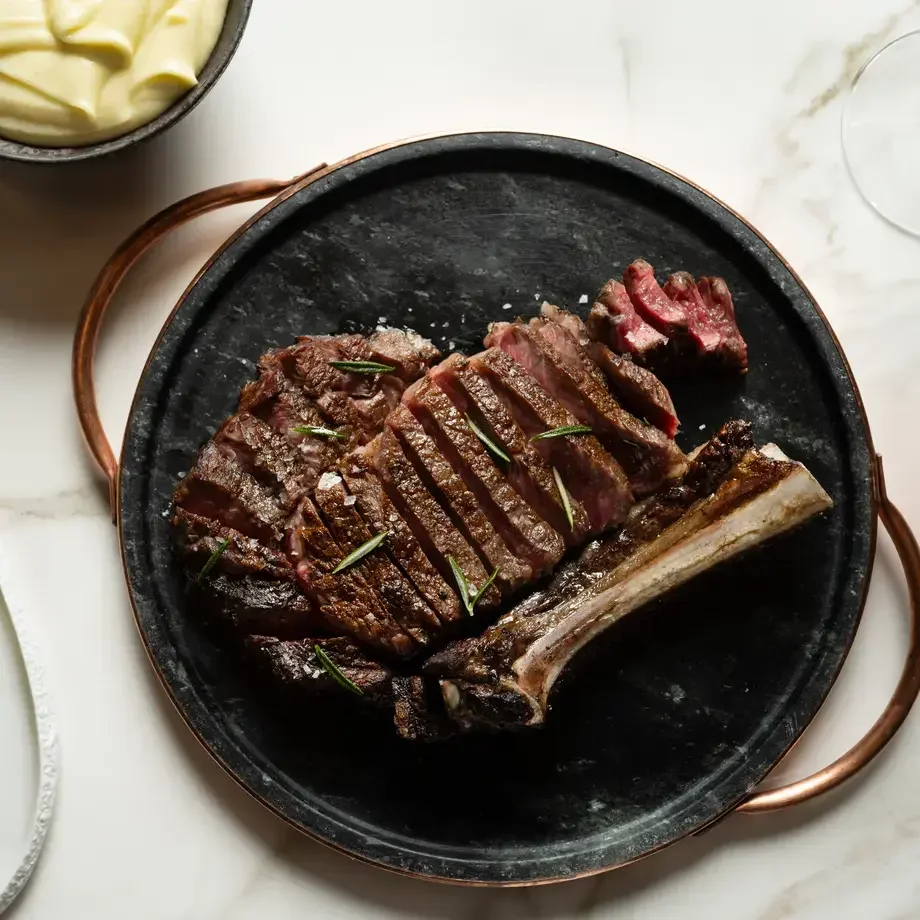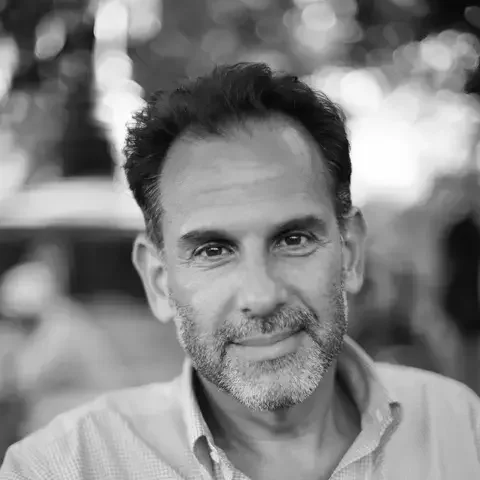Rhoda Magbitang isn’t the type to raise her voice in a kitchen. She doesn’t need to. At CanoeHouse—the legendary oceanfront restaurant at Mauna Lani on Hawaiʻi Island—her presence is quiet but absolute. She moves like someone who’s been here before. Because she has.
You may not know her name. You probably should.
Before landing in Hawai‘i, Magbitang cooked in some of the most pivotal restaurants in Los Angeles: AOC, République, The Bazaar, Chateau Marmont. These were kitchens that defined the city’s rise as a global food capital, and she was there. Cooking. Watching. Learning. Leading, even if she didn’t yet call it that.
“I was highly insecure, because for the longest time I felt like I'm in someone's shadow. I don't know whose but in someone's shadow. It was hard for me, [but] I know what I love."
The Granddaughter Who Could Cook
Magbitang grew up in the Philippines as one of six siblings. She was the eldest, and she recalls, "We would split chores between us, and I hated everything else, but I would cook". For her, cooking was initially rooted in duty.
But even then, something stuck. Her maternal grandmother, who operated a canteen stall at a high school of 5,000 kids, heavily influenced her. Rhoda would join her at the wet market on weekends to prep bulk ingredients, like kilos of pork livers and lungs. "There's not a lot of conversation happening in between," she remembers of those times. "I just like, watch her do her stuff, because she's not very talkative".
That formative silence shaped Rhoda’s kitchen instincts, an intuitive sense of balance, flavor, and emotional weight. Not the kind of things you learn in culinary school. The kind you inherit.
The Spark in a Preschool Kitchen
Before she ever set foot in a fine-dining kitchen, Rhoda Magbitang stood in a preschool, trying to keep a group of four-year-olds focused long enough to make a snack. She was working as a teacher at the time, not yet a chef, not even dreaming of it.
One day, one of the owners asked her to lead an extracurricular after-school program teaching kids how to make snacks, like "make turkey roll ups or spreading cream cheese on, like, a ham". Magbitang recalls, "I was like, Oh, I kind of like this". This simple activity led to a pivotal realization.
Until that moment, cooking had been background noise, something she’d done for her siblings, a skill filed away under obligation, not identity. At that moment, she decided to enroll in cooking school, not to become a chef, however, but “with the full intention of taking my teaching career to a different level. I still wanted to work with children, but in that capacity.”
Magbitang didn’t know it at the time, but her culinary education placed her at the edge of a movement. At Le Cordon Bleu in the mid-2000s, she found herself in classes led by chefs who would soon become icons of California dining. Kyle Connaughton—who would later found SingleThread, a farm-restaurant-inn that redefined systems-based dining—was one of her instructors. Evan Funke, who would go on to champion handmade pasta, was also an instructor.
"Yeah, it's crazy to think about it."
She absorbed it all, not loudly or showily, but by watching closely and working hard, letting the craft seep into her bones. When she left school and entered the world of professional kitchens, she was ready.

